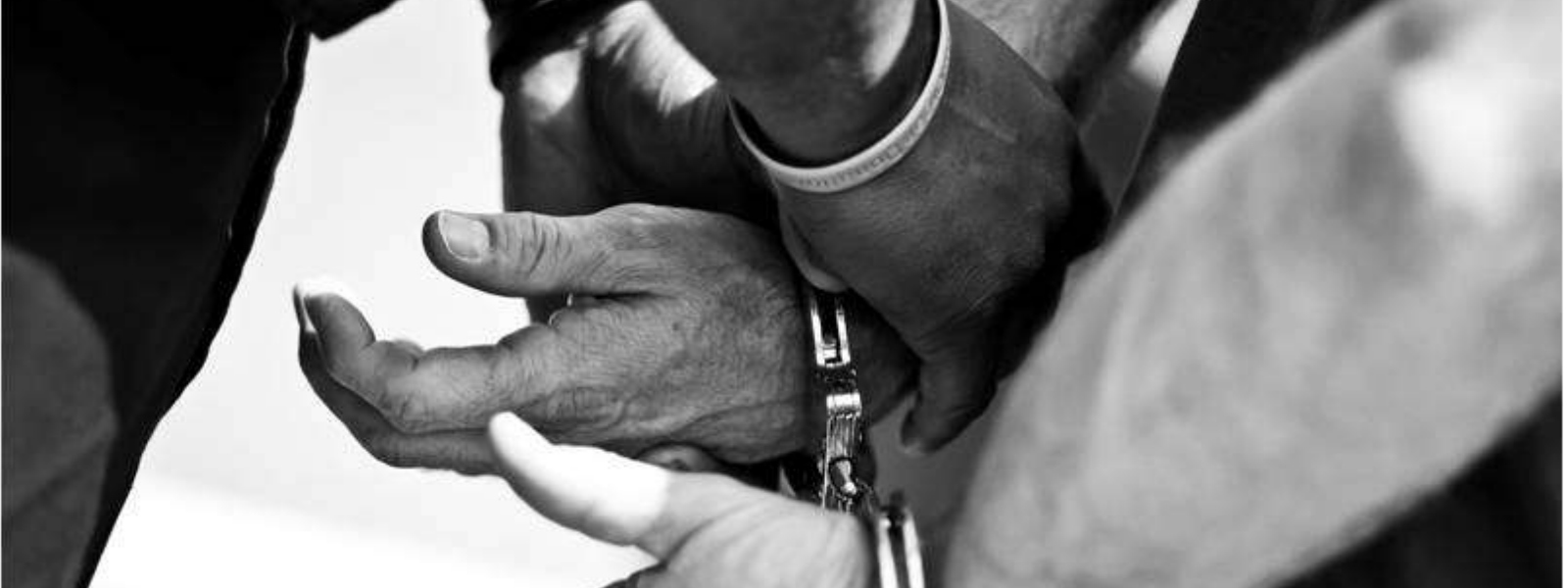.webp)

Rs 130 million hack foiled - Suspects in custody
Colombo (News 1st): Two foreign nationals arrested for illegally transferring a sum of Rs 130 million by hacking into the system of a private university in Homagama, were remanded until tomorrow by the Colombo Chief Magistrate.
According to Sri Lanka Police, a suspect had hacked into the system of the private university and transferred Rs 30 million from the University's private bank account in Kirulapona to another bank account.
Thereafter the suspect had attempted to transfer a mammoth Rs 100 million from the university account to the account of a private company owned by two foreign nationals.
It was during the second attempt the Criminal Investigations Department tracked down the suspect and arrested him on the 24th of January.
The Police Media Division said the man is a resident from Gampola and Rs 1.6 million of the loot was found in a bank account under his name in Gampola. This suspect was remanded until the 13th of February.
Sri Lanka Police warned the general public to be extremely cautious when adding their bank details, passwords and user-names for online bank transactions and payments.
Sri Lanka Police added, it is paramount to ensure the website one accesses is a safe and secure website.
Shopping and banking online occur constantly in the internet marketplace. Unfortunately, online fraud and identity theft occur just as frequently, thanks to clever thieves and sloppy consumer internet shopping habits.
Here’s how you can stay safe when it comes to your password:
• Use a hard-to-guess password that contains upper- and lower-case letters, numbers and symbols.
• Do not use the same username and password for all online accounts.
• Never click on any links in an email asking for identification information. Contact the institution by phone immediately to report the concern.
Here’s how you can stay safe when it comes to online shopping:
• Always log out of the bank, credit card, and merchant sites after you have completed your transaction.
• Do not allow your computer to store usernames and passwords for merchant or banking websites.
Other Articles
Featured News





.png )


-797273_550x300.jpg)






















.gif)